Our Networks
Through the work of the Florida Grade-Level Reading Campaign (FGLRC), we are creating change for children through synergy, alignment and mobilizing efforts. The FGLRC is maximizing the collective impact of organizations working on grade-level reading, organizing existing efforts, expanding the work to improve coordination and alignment, and working on making significant progress on child outcomes.
Our networks anchored in the tenets of the national Campaign for Grade-Level Reading (CGLR) include:
This peer-to-peer learning exchange for community partners shares best practices, highlights resources, focuses on outcomes and aligns efforts.
The focus of this leadership group is to engage early learning experts and state agency partners to develop and implement a shared strategic plan that addresses overall improvements for early grade success.
While there is growing momentum to organize efforts to support grade-level reading and families in poverty, there is not complete synergy and alignment across sectors. In a state as large as Florida, the opportunity to provide linkages and supports between government, private sector, philanthropy and communities is unprecedented in early education. The ability to collectively work toward a plan for comprehensive services that defines clear expectations for early education while affording communities the flexibility to honor and respect the diversity of communities will be a model for early education in the nation and other social services in Florida.
The first step to engaging with us is to sign up to receive our.newsletter.

Community Leaders Network: Sharing Best Practices, Providing Targeted Support
The Florida Grade-Level Reading Campaign is currently implementing a Community of Practice model designed to educate and share resources among our 20 local grade-level reading communities. To connect local community leaders, our strategies include: webinars, email distribution lists, frequent postings to our online communication platforms, resource development and sharing, use of a document repository for access to online resources (GLR Public Dropbox), plus regional meetings and statewide trainings.
The Florida Children’s Council facilitates peer-to-peer learning exchanges that match strengths and challenges and provides targeted external expertise and resources to assist local planning, as well as showcase resources, activities, and outcomes. Communities are invited to actively engage in group exercises that identify best practices, programs and services that will result in improved child outcomes in school readiness, summer learning loss, attendance, child health and parent engagement.
As the identified state lead to the Campaign for Grade-Level Reading, the Florida Children’s Council is also responsible for communicating regularly with the national campaign about the progress of communities in Florida and maintaining records on each community’s grade-level reading efforts. Join the National Conversation by joining CLIP, the Community Learning for Impact & Improvement Platform.
The Florida Grade-Level Reading Campaign meets with local leaders of child and family support services across the state to develop systems of care, services and supports from birth through third grade that address campaign goals. By aligning efforts, communities will increase the impact on child outcomes.
We welcome the opportunity to meet with new communities interested in joining the Campaign for Grade-Level Reading and our Florida Community Leaders Network. For more information on our Community Leaders Network, contact Jenn Faber, Director of Grade-Level Reading.

State Leadership Network: Improving Policies and Funding
The Florida Children’s Council is providing focused leadership and coordination of early learning experts and state agency partners to develop a strategic plan that addresses overall improvements in child outcomes including an increased number of children who are ready for school, have higher attendance, show decreased levels of summer learning loss and are reading at grade level. (Access Policy Platform)
Incremental change in each of these areas will be targeted by statewide policy efforts while local communities and other partners continue to focus resources and efforts on improvements to school readiness, summer learning, attendance and other factors impacting child development. Through coordination of public and private sector early-learning leadership, our plan development focuses on system improvements and resources needed to support children’s development and improve grade-level reading outcomes.
A fiscal and resource mapping analysis of current state and community efforts has been conducted through the Florida Children’s Council to: 1) identify both opportunities and gaps in grade-level reading resources statewide; 2) assess the policy strengths and challenges of the entities impacting grade-level reading; and 3) provide baseline data that includes a map of current resources dedicated to grade-level reading efforts and services available.
This collective work will identify core foundational elements most in need of a methodical and thoughtful effort to improve child outcomes. The development of this fiscal and resource mapping coupled with aligned strategic planning will result in a roadmap to coordinate and mobilize the needed attention, resources and annual policy changes to improve children’s school readiness, school attendance, summer learning outcomes and the percentage of children who are reading at grade level.
In upcoming years, the fiscal and resource mapping along with the best practices identified through the Community Leaders Network will be used to refine the strategic plan and will be the basis for extending this work into a multi-year plan for incremental progress toward better grade-level reading outcomes.
Visit our Florida Children’s Council’s Legislative Affairs page to read more about our priority issues, and contact Michele Watson, CEO, for more information.

Business Alliance for Early Learning: Engaging Key Business Leaders
Building on current efforts to increase business and private sector engagement in grade-level reading efforts, the development of our Business Alliance for Early Learning will support and influence a grade-level reading framework by educating members on research advances, policy development opportunities and meaningful community solutions that support all children reading at grade level.
With a long history of partnership focused on the education continuum, the Florida Chamber Foundation has declared that school readiness, grade-level reading, and supporting families in poverty are business and economic issues that require long-term private-sector engagement. The Chamber Foundation will lead the development of the Business Alliance for Early Learning engaging the business sector and seeking business leader commitment to learn more about critical contributions private-sector business members can make to grade-level reading.
The Florida Children’s Council will provide staff support to educate members on research advances, policy development opportunities and meaningful community solutions that support all children reading at grade level. (Access Scorecard.) With regional representation across Florida, community- and state-level efforts will benefit from the increased engagement of the private sector.
The Florida Chamber Foundation is committed to continuous quality improvement for early education systems development, and the increased engagement of the Business Alliance for Early Learning through supports from The Florida Children’s Council will allow the Chamber to seek additional resources to continue this work.
Visit the Florida Chamber’s Business Alliance for Early Learning for more information, and contact Kyle Baltuch for more information about becoming a member.




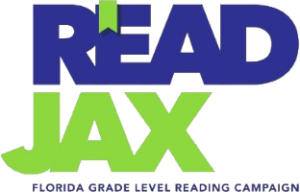
 Lead Agency: United Way of North Central Florida
Lead Agency: United Way of North Central Florida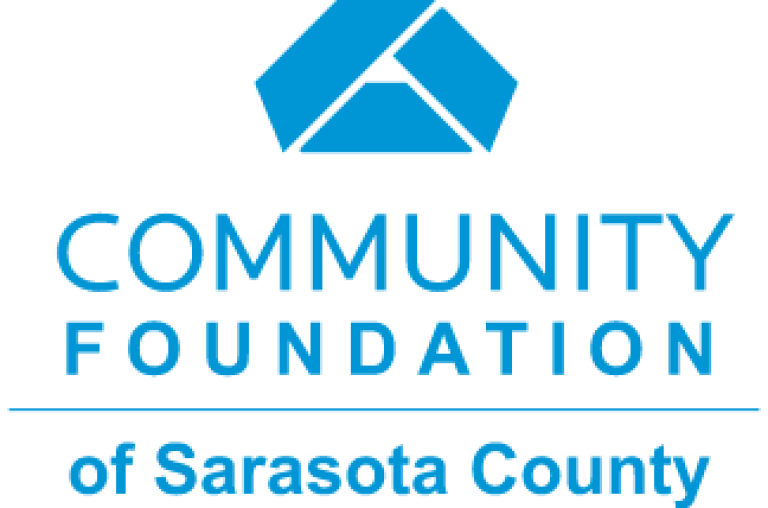 Sarasota County
Sarasota County Suncoast Region (Manatee, Sarasota, Charlotte & DeSoto)
Suncoast Region (Manatee, Sarasota, Charlotte & DeSoto) Lead Agency: Juvenile Welfare Board of Pinellas County
Lead Agency: Juvenile Welfare Board of Pinellas County Lead Agency: Achieve Escambia
Lead Agency: Achieve Escambia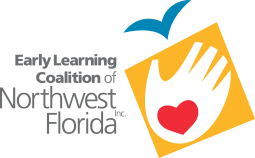 Northwest Florida (Bay, Calhoun, Franklin, Gulf, Holmes, Jackson, Washington, Escambia, Okaloosa, Walton)
Northwest Florida (Bay, Calhoun, Franklin, Gulf, Holmes, Jackson, Washington, Escambia, Okaloosa, Walton) Southwest Florida (Collier, Lee, Hendry, Glades, Charlotte)
Southwest Florida (Collier, Lee, Hendry, Glades, Charlotte) Charlotte County
Charlotte County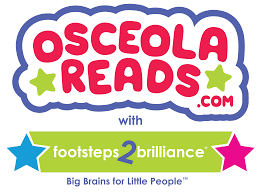 Lead Agency: ELC of Osceola
Lead Agency: ELC of Osceola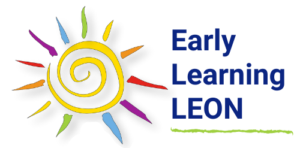
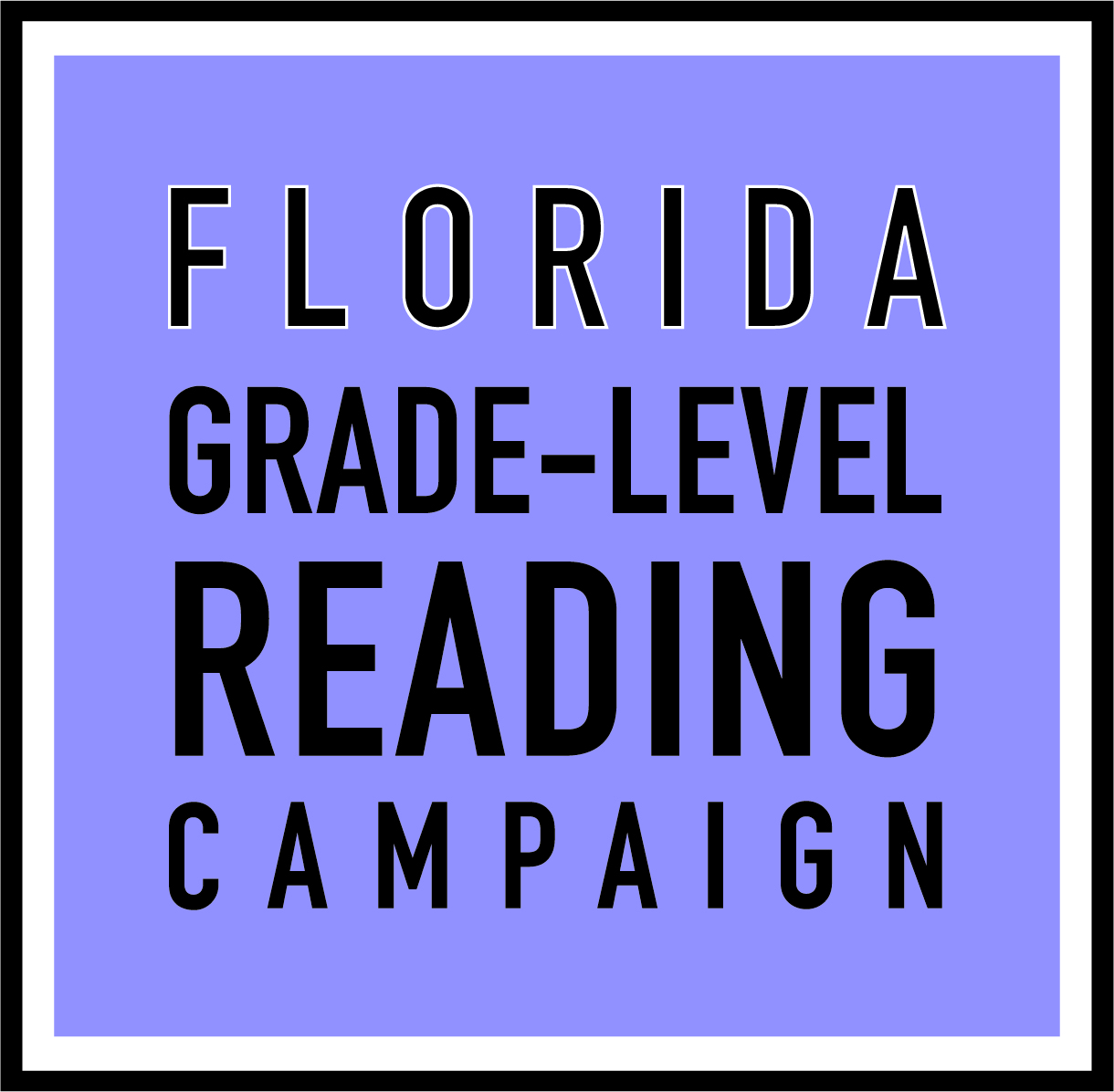 Lead Agency: Florida Children’s Council
Lead Agency: Florida Children’s Council DeSoto County
DeSoto County Lead Agency: The Learning Alliance (Vero Beach)
Lead Agency: The Learning Alliance (Vero Beach)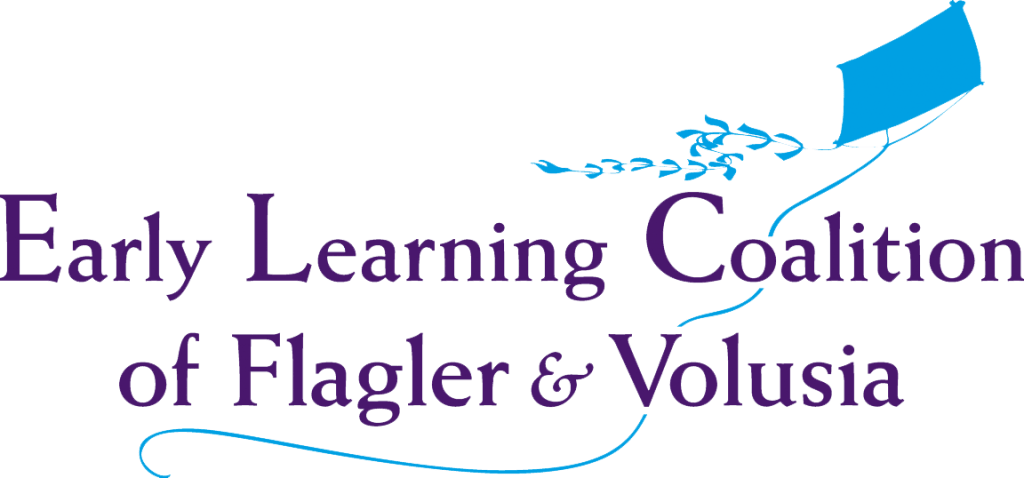 Lead Agency: ELC of Flagler & Volusia Counties
Lead Agency: ELC of Flagler & Volusia Counties Lead Agency: The Children’s Trust
Lead Agency: The Children’s Trust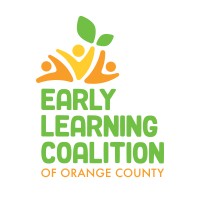
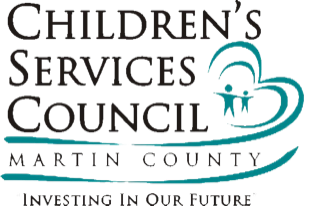 Lead Agency: Children’s Services Council of Martin County
Lead Agency: Children’s Services Council of Martin County
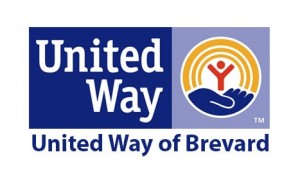 Lead Agency: United Way of Brevard
Lead Agency: United Way of Brevard